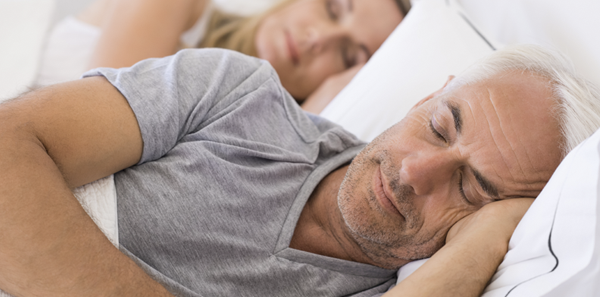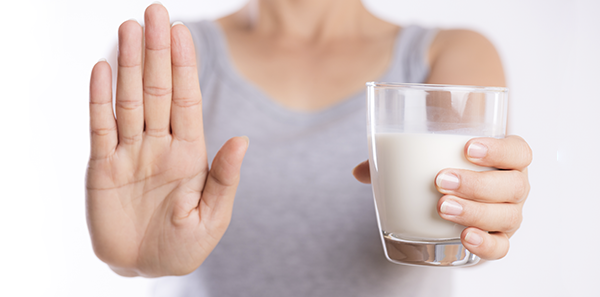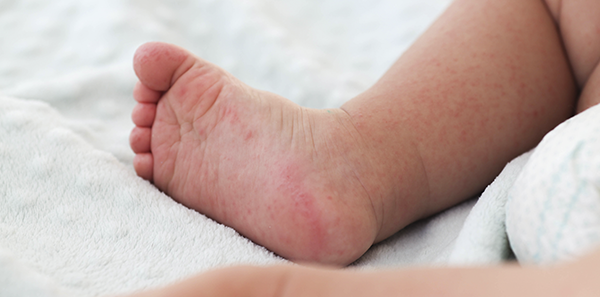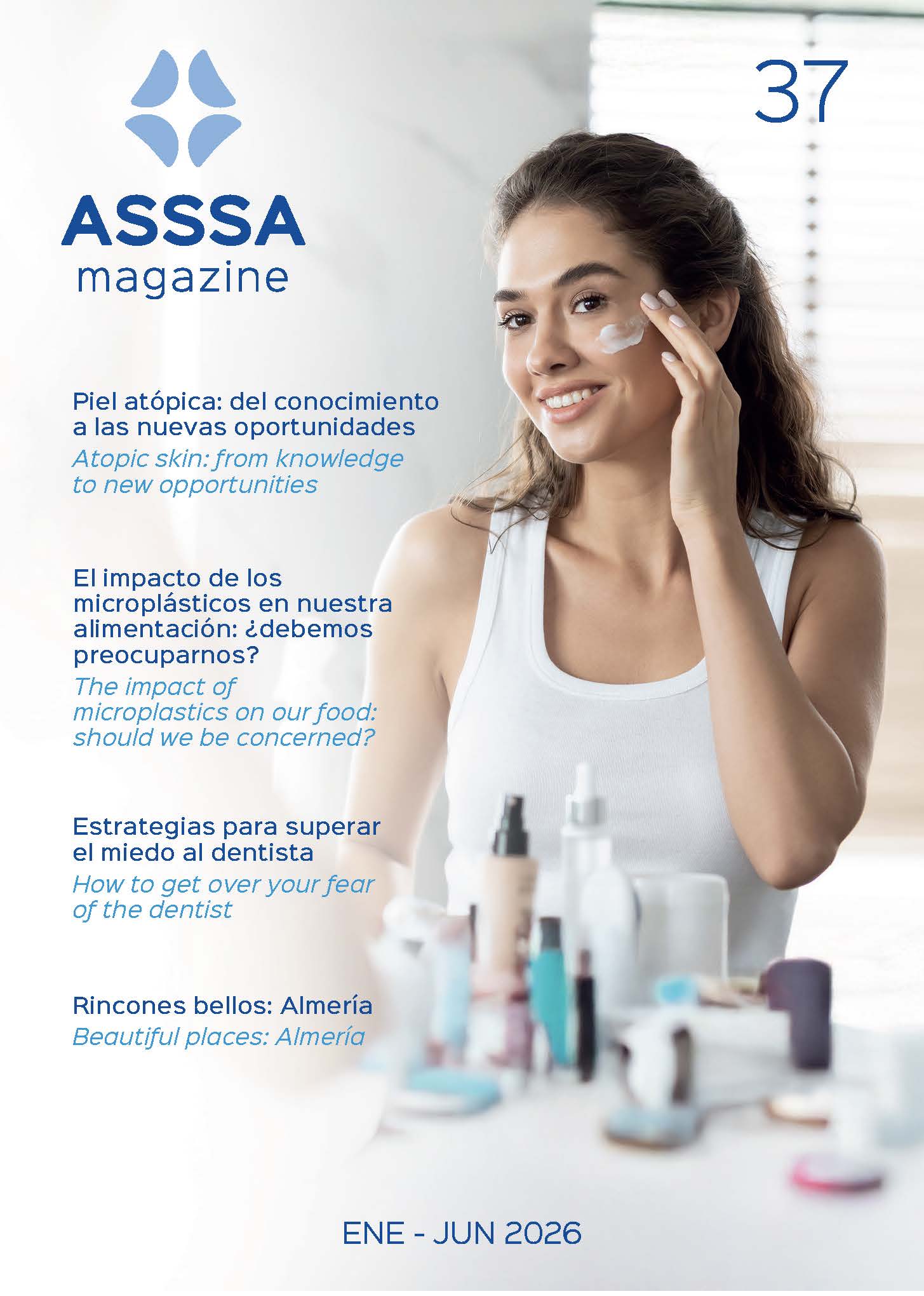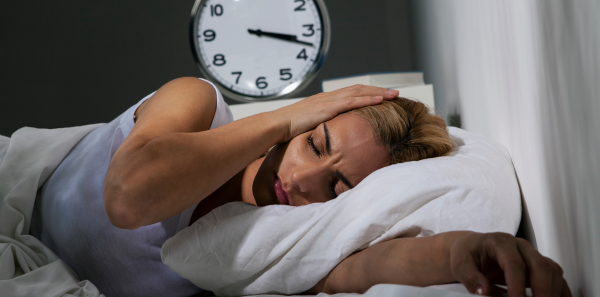
Noise pollution is an important environmental factor that has a direct impact on people’s quality of life. As well as damaging the eardrum and the acoustic nerve in your ears, it also disturbs your sleep.
According to the WHO, the maximum safe exposure level is 85 decibels (dB) for a maximum of 8 hours. This is the level emitted, for example, by a fire engine siren. These 8 hours decrease if the level increases, i.e. a noise reaching 200 dB (the sound of the subway passing by, for example) can be heard safely for a maximum of 15 minutes per day.
Night-time exposure, on the other hand, should not exceed 40 dB (that emitted by a normal conversation, the sound of the refrigerator or air conditioning, or a quiet pedestrian street). However, this level is often not met. In fact, more than 20% of the Spanish population suffers from noise problems in their homes.
Furthermore, it should be noted that when you sleep, your body is responsible for restoring your physical and mental balance. It releases hormones that contribute to tissue growth and repair, controls your metabolism and eliminates toxins, boosts your immune system, strengthens your memory, and regulates your emotions.
Consequences of sleeping in a noisy environment
- Tiredness and fatigue.
- Lack of focus.
- Insomnia.
- Discomfort and headache.
- Irritability and aggressiveness.
- Stress and anxiety.
- Muscle pain.
- Hearing loss.
As you can see, humans are not immune to noise, even though we may seem to adapt to it. It is therefore necessary to lower noise levels in order to get a good night’s sleep.
Tips for better sleep in noisy environments
- Wear earplugs. Sleeping with them is not the most comfortable thing to do, but it may be a good option if you have no other choice.
- Properly insulate your home: invest in insulated windows and walls and use thick blinds.
- Learn relaxing breathing tactics or meditate to shut out outside noise.
What can I do to reduce noise pollution?
- Turn down the volume on your TV, radio or loudspeakers.
- Do not carry out construction work or run washing machines overnight.
- Avoid using private vehicles and using the horn.
- Keep your voice down in bars and restaurants.
If you have any doubts or problems with insomnia, please contact your health professional, who will provide you with the appropriate care to get a good night’s rest.


